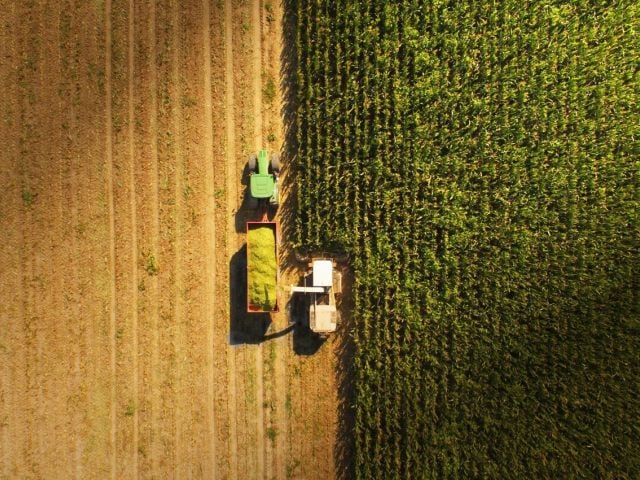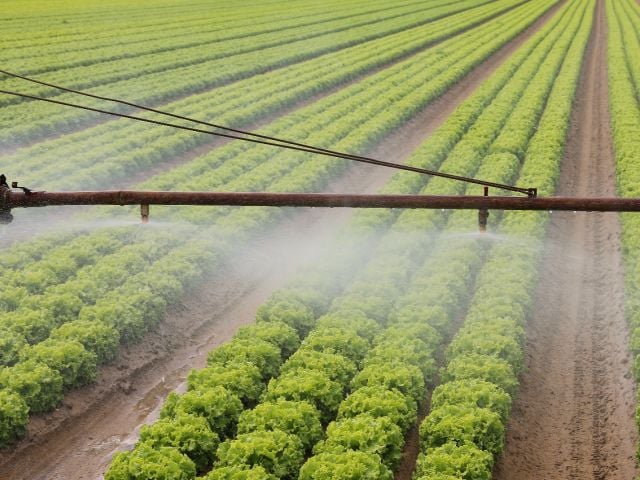Catch up on the latest news and analysis from EWG’s team of experts.
Displaying 1 - 20 of 976
The House farm bill's disastrous dozen: 12 reasons to vote against GOP proposal
There’s plenty to dislike about the farm bill proposal the House Agriculture Committee will consider this week, including its Department of Agriculture funding cuts and problematic provisions that...

Benefit of boost in crop reference prices would mostly only aid large farmers in just 100 counties

More than 4,000 Black farms are gone and House Republican proposals to increase reference prices will make it worse
The number of Black farms in the U.S. plummeted by more than 4,000 from 2017 to 2022, yet some farm groups and House Republicans have proposed to tilt the playing field even further against them.

Agriculture’s greenhouse gas emissions could surge without climate guardrails

At least 10,000 farmers took over $11B in farm subsidies over 39 consecutive years

Does this cattle feedlot look “climate friendly” to you?
Senate farm bill proposal makes climate a USDA priority

USDA should strategically expand list of climate-smart conservation practices

USDA conservation funding ‘guardrails’ vital for reducing agricultural greenhouse gas emissions
When Congress provided almost $20 billion in Department of Agriculture funding for climate-smart farming practices, it included legislative “guardrails” to ensure the money goes to practices that...

Clock ticking to fight foolish EPA analysis allowing toxic weedkiller paraquat
It seems like an April Fools’ Day joke – the Environmental Protection Agency is defending its analysis permitting the use of the weedkiller paraquat, despite its links to Parkinson’s disease. With...

Why does EWG release its Shopper’s Guide to Pesticides in Produce™ each year?
With its Shopper’s Guide to Pesticides in Produce™, released almost every year since 2004, EWG’s goal is to educate the public about pesticides on popular fruits and vegetables, so consumers can make...

Five fatal flaws in EPA’s justification for using toxic weedkiller paraquat

Let states and communities protect their citizens from pesticides

New USDA data reveal that the largest factory farms keep growing in number
The largest factory farms that are bad for farmers, the environment and public health keep growing in number, according to new data the Department of Agriculture released today.

It’s time to ban paraquat

As farm income returns to normal levels, gaps continue to grow
While farm income is expected to return to normal levels in 2024, the gap between the largest, most successful farmers and their poorer neighbors continues to grow. Increasing farm subsidies, as some...

Increasing crop reference prices would hurt young farmers

7 reasons to add more plants to your diet

E. coli from factory farms threatens America's leafy greens

Plant-powered holiday dishes approved by EWG
For the festive season, EWG is dishing out some green gastronomic advice with mouthwatering plant-based recipes – perfect for a healthy and happy time over the holidays.
